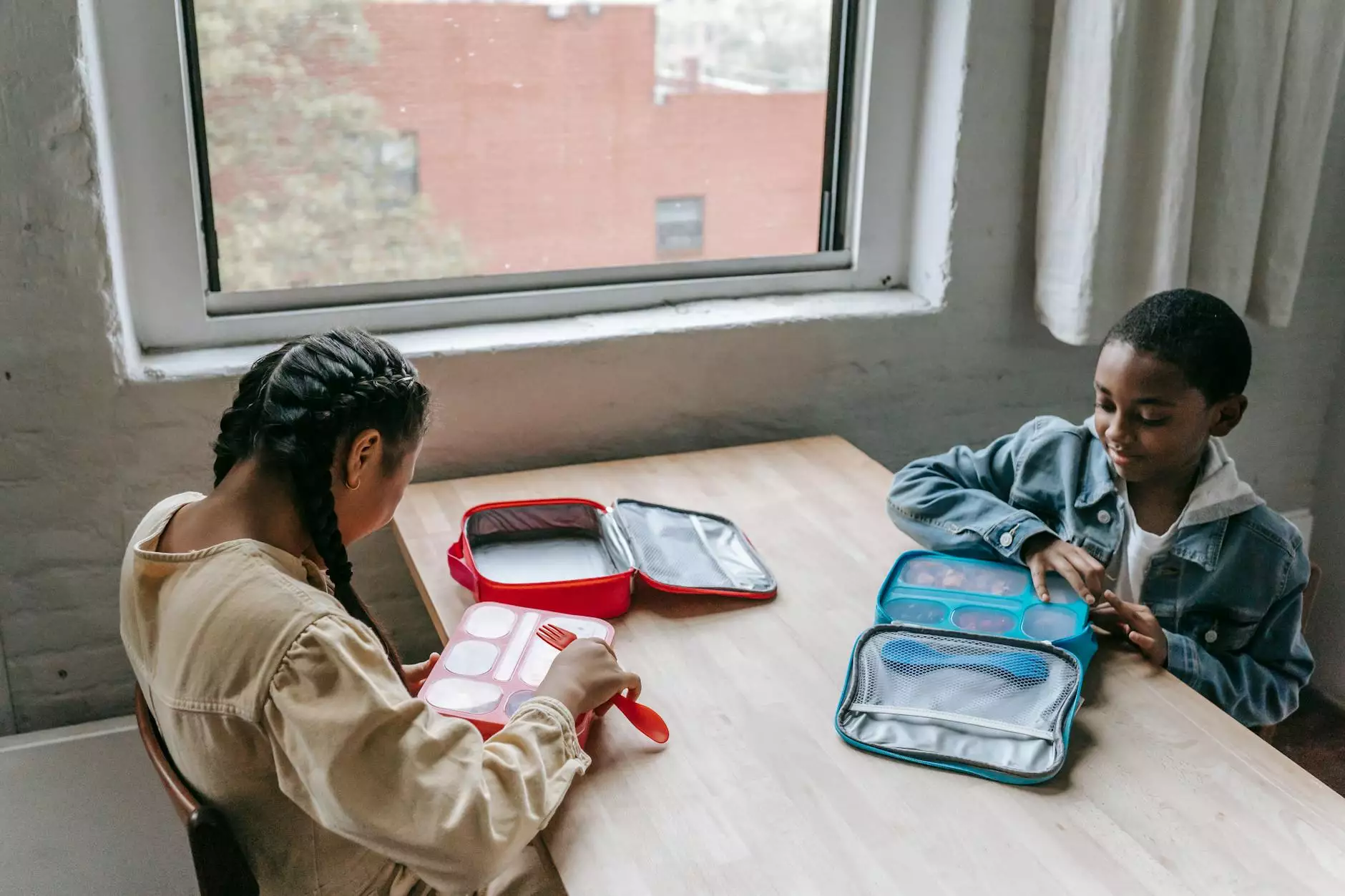Ways to Tell Your Children of Your Cancer Diagnosis
Patient Reviews & Stories
Introduction
As a parent, receiving a cancer diagnosis can be overwhelming and emotionally challenging. One of the most difficult aspects is breaking the news to your children. Knowing how to approach this conversation with sensitivity and care is crucial in order to help them understand and cope with the situation. At Sibel Blau, we understand the importance of open communication during this time, and we are here to provide you with valuable guidance on how to tell your children about your cancer diagnosis.
Understanding the Child's Perspective
Children may have limited knowledge about cancer and its implications. It is important to consider their age, maturity level, and previous exposure to illnesses when deciding how to broach the subject. Younger children may have difficulty understanding complex medical concepts, while teenagers can grasp more detailed information. Tailoring your approach to match their developmental stage is critical in helping them comprehend the situation.
Preparing Yourself
Prior to discussing your diagnosis with your children, it is vital to process your own emotions and seek necessary support. It is normal to feel fear, sadness, or uncertainty, but ensuring you are emotionally stable will allow you to better guide and reassure your children. Reach out to a support network, whether it be friends, family, or a therapist, to help you navigate this challenging journey.
Choosing the Right Time and Place
Timing and environment play significant roles in the effectiveness of your conversation. Find a quiet and comfortable space where you can talk without interruptions. Avoid discussing the matter when you or your children are tired or stressed, as it may limit their ability to process the information. Choose a moment when you can dedicate ample time to listen and address any concerns your children may have.
Be Honest and Use Simple Language
Honesty is key when sharing news about your cancer diagnosis. Use age-appropriate language and avoid using complex medical terms that might confuse them. Clearly explain that cancer is an illness, emphasizing that it is not their fault and cannot be caught like a cold or flu. Address any worries they may have about their own health and reassure them that you love them and are doing everything possible to get better.
Encourage Questions and Provide Reassurance
During the conversation, encourage your children to ask questions. They may have concerns about your treatment, future plans, and what to expect. Respond patiently, providing accurate information without overwhelming them. If you don't know the answer to a question, reassure them that you will find out and get back to them. Showing empathy and maintaining an open line of communication will help them feel more secure and understood.
Let Them Express Their Emotions
It is natural for children to feel a range of emotions when faced with news of a parent's cancer diagnosis. Encourage them to express their feelings, whether it be sadness, anger, or confusion. Provide them with a safe space to share their thoughts and emotions without judgment. Reassure them that their emotions are valid and that it's okay to feel upset.
Offer Age-Appropriate Information
As your children process the news, provide age-appropriate information about the diagnosis, treatment plan, and potential side effects. For younger children, use simple terms and focus on practical details, like changes in routine or temporary physical limitations. Older children may want more in-depth knowledge, so be prepared to discuss medical procedures, prognosis, and the importance of ongoing support.
Stress the Importance of Support Systems
Highlight the importance of support systems and let your children know they are not alone. Explain how family, friends, medical professionals, and cancer support organizations can assist them during this challenging time. Encourage them to talk to trusted adults, such as teachers or counselors, if they need additional support outside the family. Let them know that there are resources available to help them navigate their emotions and provide reassurance.
Follow-Up Communication
After your initial conversation, it is essential to continue the dialogue with your children. Check in regularly to address any new concerns, answer emerging questions, and update them on your progress. Maintaining open lines of communication fosters trust, shows your commitment to their emotional well-being, and helps them understand that they are an integral part of your healing journey.
Conclusion
Telling your children about your cancer diagnosis is undoubtedly challenging, but with proper preparation and communication strategies, you can help them navigate this difficult news. At Sibel Blau, we understand the intricacies of discussing cancer with children and offer a range of resources to support you. Remember, you are not alone, and together we can help your children understand and cope with your cancer diagnosis in a supportive and loving environment.




